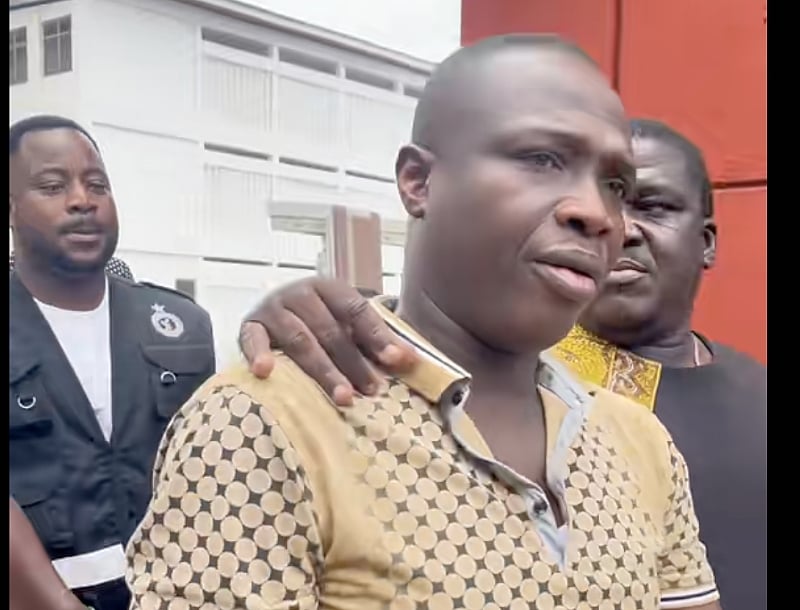The case of Emmanuel Kwakye Asare, a journalist with Wontumi FM in Kumasi, Ghana, highlights the complex intersection of freedom of speech, journalistic responsibility, and the legal implications of publishing potentially inflammatory information. Asare’s arrest and subsequent bail hearing raise important questions about the balance between protecting public order and upholding the right to free expression, particularly in the context of political commentary.
Asare’s legal troubles began on August 12, 2025, following comments he made on his radio program regarding a tragic helicopter crash that occurred on August 6, 2025, claiming the lives of eight individuals. During the broadcast, Asare alleged that President John Dramani Mahama had prior knowledge of the impending disaster. This assertion, deemed by the authorities as potentially false and capable of inciting fear and panic, led to Asare’s arrest and subsequent charge of offensive conduct. He spent two weeks in police custody before being granted bail.
The court proceedings surrounding Asare’s bail application reveal a nuanced legal landscape. The prosecution, arguing that investigations were still ongoing, opposed bail, suggesting that Asare’s release could potentially interfere with the investigative process or pose a further risk of public disturbance. However, Judge Samuel Bright Acquah, presiding over the case, ruled in favor of Asare’s release, setting bail at GH₵100,000 with the condition of two sureties, both required to be civil servants. This decision, while acknowledging the seriousness of the charges, underscored the principle of presumed innocence and the right to liberty pending trial.
Judge Acquah’s decision was further informed by legal precedent, specifically referencing a previous case involving a young man who was remanded in custody for insulting then-President Nana Akufo-Addo. This comparison suggests a judicial effort to maintain consistency in applying the law, regardless of the political affiliation of the individuals involved. By referencing this precedent, the judge seemingly aimed to demonstrate that the decision to grant Asare bail was not influenced by political bias, but rather grounded in established legal principles.
Asare’s case underscores the inherent tensions that can arise between the media’s role in holding public figures accountable and the potential for disseminating information that could be harmful or destabilizing. While freedom of the press is a cornerstone of democratic societies, the responsible exercise of this freedom is crucial. Journalists have a duty to verify information and report accurately, especially when dealing with sensitive issues that could impact public safety and national security.
The ongoing legal proceedings against Asare will undoubtedly continue to generate public debate and scrutiny. The final outcome of the case will have significant implications for the media landscape in Ghana, shaping the understanding of the permissible boundaries of journalistic expression and the legal consequences of publishing potentially false or inflammatory information. The case also serves as a reminder of the delicate balance that must be maintained between protecting freedom of speech and safeguarding public order. Asare’s next court appearance is scheduled for September 1, 2025, marking the continuation of this important legal battle with far-reaching consequences.


